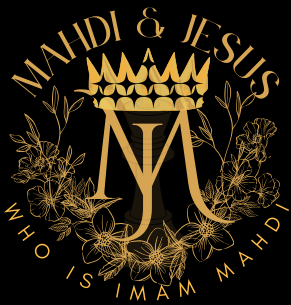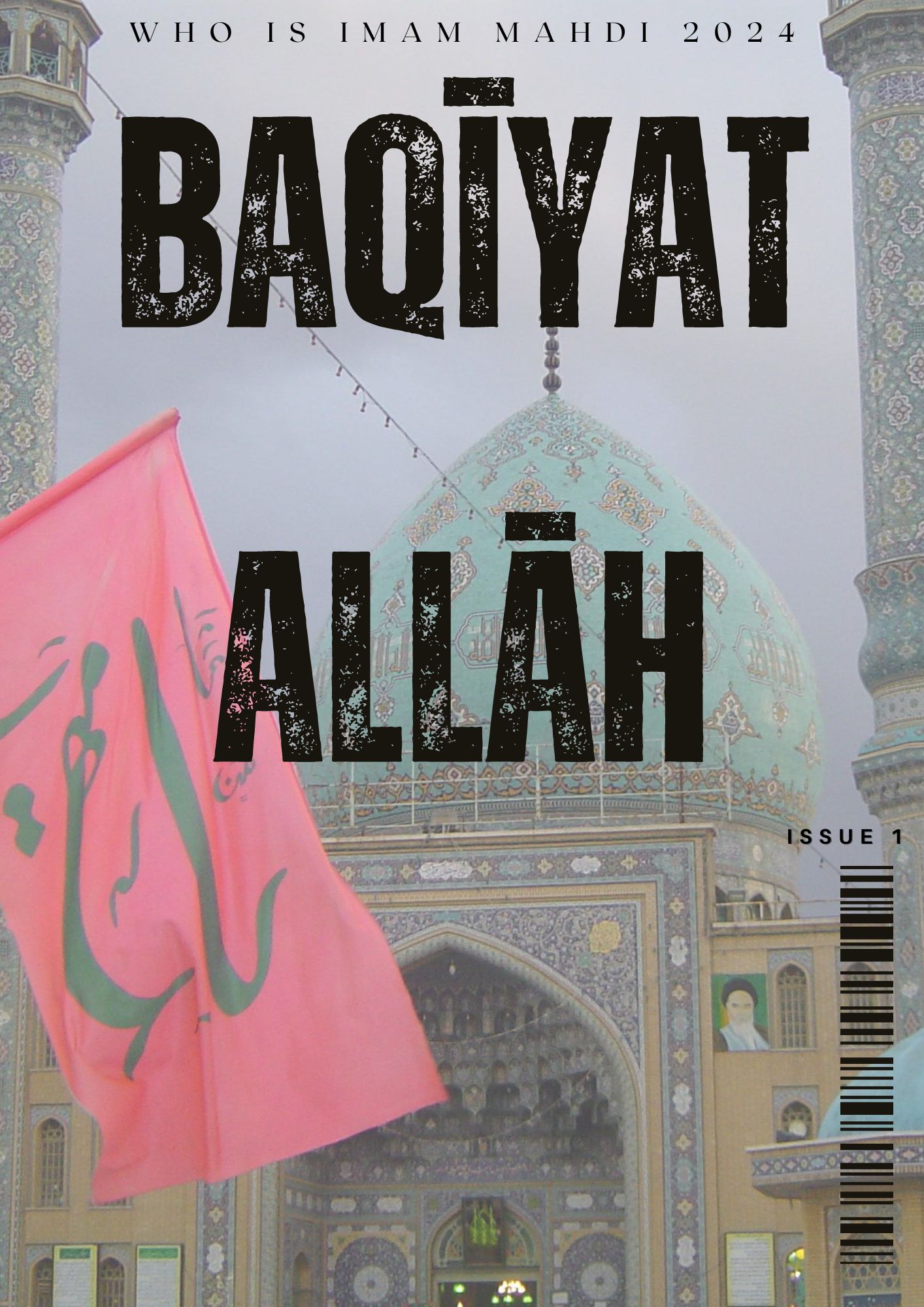
Imam (‘a) described the lofty morals and good qualities of his Ahlul Bayt (‘a) and his followers and commanded them so that they may decorate themselves with it so that they be an example for others. Some of them are explained below:
His eminence said, “Forbearance is an ornament, having loyalty, tolerance, good behavior, bounty and more desire is shamelessness, precedence, foolishness, is a weakness; extremism (ghuluw), to fall into a doubt and to cultivate company of debased people are mischiefs and company of sinners creates doubts, and company of the debased ones is an evil, and sitting with transgressors creates doubts’” 1
His Eminence said, “Truthfulness is an honor, falsehood a weakness. Secret is a trust. Neighborhood, relationships, helpfulness is charity and work, experience, good manners, worship, silence are ornaments. Miserliness is poverty; generosity is wealth and forbearance is intelligence’” 2
His Eminence said, “O people! One who gives, gains happiness and one who is miserly becomes debased and most generous is one who gives to one who does not expect it from him.” 3
His Eminence said, “One who is generous gains happiness and one who is miserly becomes debased. One who makes haste in helping his brother, when tomorrow time comes for him he would receive it.” 4
His Eminence said, “Indeed the needs of people put towards you are bounties of God to you, so do not be upset by these bounties otherwise they will be turned into calamities’” 5
Imam (‘a) saw a man who was invited for dinner but he did not accept the invitation. He told him: “Get up as there is no excuse in invitation and if you are not fasting eat it and if you are fasting say: May Allah give more’” 6
His Eminence said, “A needful one has staked his honor by asking, so You maintain Your honor by not turning him away empty-handed.” 7
His Eminence (‘a) often used to repeat the following couplets that speak of good behavior and invites lack of hardship in seeking the world. Some narrators say that they are compositions of His Eminence himself. “If actions of the day are judged for man, his morals and behavior is the highest. And if sustenance is restricted, making less effort is best for him. And if in the world the cost of anything is calculated, the reward of Allah is the greatest.”
If sustenance is destined, beauty lies in working least for it. And if bodies were created for death, being killed in the way of Allah is the greatest. And if wealth is obtained to be kept and lost then why people adopt miserliness in spending whatever he leaves.” 8
These couplets were recited by the Imam about martyrdom in the path of Allah just as his kind temperament and generosity shows.
His Eminence said: “Do not take up a responsibility of that you are not capable of. Do not go after something, which is not going to come to your hand. And do not promise that which you are not capable of. And do notspend except in proportion to what you earn. And do not expect reward but to the extent of what you have done. And do not remain happy but to the extent of the divine obedience you have observed. And do not obtain information except to the extent what is appropriate for you’” 9
His Eminence said to Ibn Abbas, “Do not speak about that which is not related to you. As I am fearful of the sin on you and do not speak about that which is not related to you so that you are called to testify for it later. Many are the speakers who speak the truth but become butts of criticism. And neither should you argue with forbearing people nor with fools; as the forbearing one would change you and the fool will cause you pain. And whenever a believer brother passes before you, do not say anything about him except what he says about you, when you pass before him. And act like one who knows that sinful deeds will be punished and good deeds will be rewarded’” 10
These golden words are some of the matters that His Eminence narrated about good manners and good qualities so that man could through them the right way and good behavior and well being of the world and the hereafter. 11
References:- Nurul Absar, Pg. 277[↩]
- Yaqubi, Tarikh 1/219[↩]
- Nihayatul Arab 3/205[↩]
- Ibid, 3/205[↩]
- Sherani, Tabaqat 1/26, Mukhtasar Sifwatul Safwa 62[↩]
- Daimul Islam 2/107[↩]
- Nurul Absar, Pg. 277, Kashful Ghumma, 2/29[↩]
- Mukhtasar Sifwatul Safwa 62, Al-Anwaarul Bahiya, Pg. 46[↩]
- Asraar al-Hukma, Pg. 90 by Yaqub Musta’si[↩]
- Bihar, 78/127[↩]
- The Life of Imam Husayn (‘a); Research and Analysis, Baqir Sharif al-Qurashi[↩]

